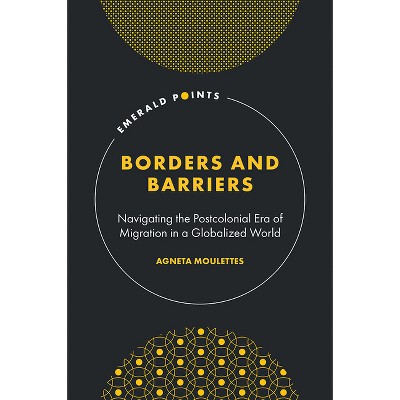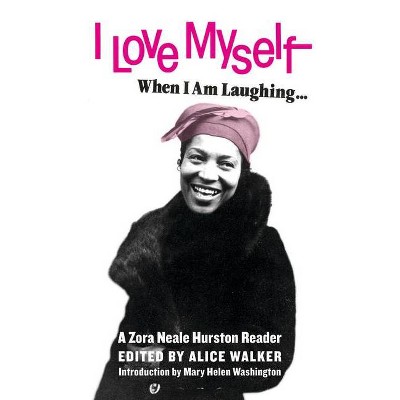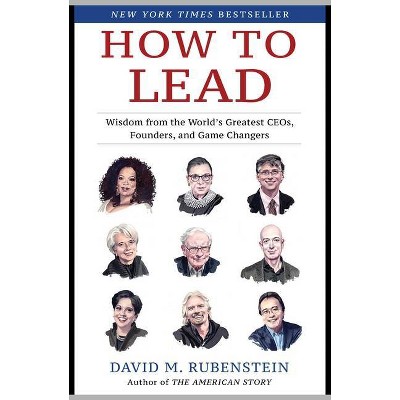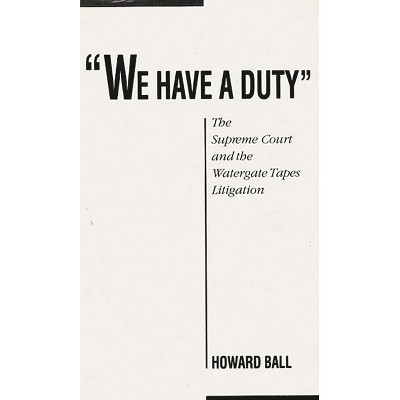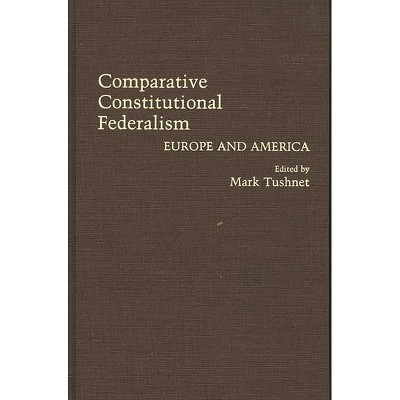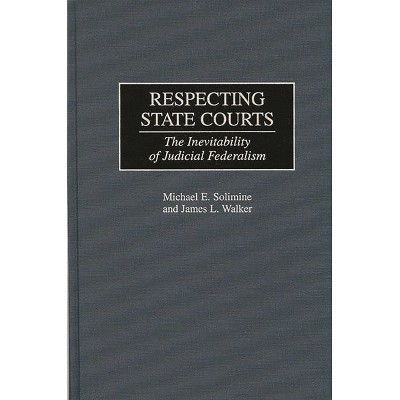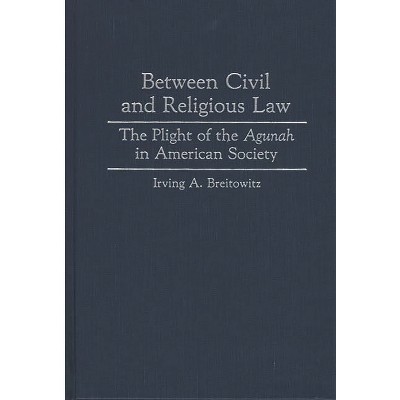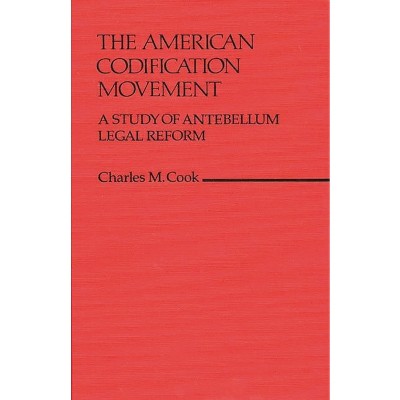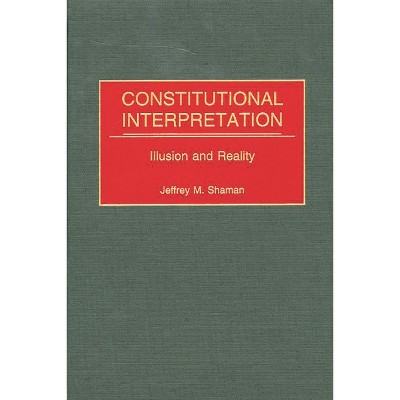Sponsored

The Death Penalty and Racial Bias - (Contributions in Legal Studies) by Gregory Russell (Hardcover)
In Stock
Sponsored
About this item
Highlights
- Russell tests the U.S. Supreme Court's assumption that the procedure used to select jurors who impose the death penalty does not inject racial bias into the jury.
- About the Author: GREGORY D. RUSSELL is Associate Professor of Political Science and Public Administration at California State University at Chico.
- 184 Pages
- Social Science, Penology
- Series Name: Contributions in Legal Studies
Description
About the Book
Russell tests the U.S. Supreme Court's assumption that the procedure used to select jurors who impose the death penalty does not inject racial bias into the jury. In Georgia, those who supported the death penalty and were placed on juries were more likely to sentence black defendants to death. Further, those who supported the death penalty tend to hold attitudes that are linked to racial bias and act as surrogate measures for racial bias. He also finds no support in his analysis for the results of other research that indicate that death penalty jurors are conviction prone. Although earlier empirical evidence has suggested a consistent pattern of race-related differential sentencing, Russell's study is the first to demonstrate that the death qualification tends to eliminate moderate attitudes and concentrate racial bias in death penalty juries. The Death Penalty and Racial Bias suggests a clear direction for future policy research into the neutrality of death-qualified juries.
Book Synopsis
Russell tests the U.S. Supreme Court's assumption that the procedure used to select jurors who impose the death penalty does not inject racial bias into the jury. In Georgia, those who supported the death penalty and were placed on juries were more likely to sentence black defendants to death. Further, those who supported the death penalty tend to hold attitudes that are linked to racial bias and act as surrogate measures for racial bias. He also finds no support in his analysis for the results of other research that indicate that death penalty jurors are conviction prone. Although earlier empirical evidence has suggested a consistent pattern of race-related differential sentencing, Russell's study is the first to demonstrate that the death qualification tends to eliminate moderate attitudes and concentrate racial bias in death penalty juries. The Death Penalty and Racial Bias suggests a clear direction for future policy research into the neutrality of death-qualified juries.Review Quotes
.,.".conclusions are noteworthy because they bridge the gap between research on racial disparity in capital sentencing and studies that indicate fundamental differences between capital juries and general population...Russell's study adds to our understanding of the effect of jury selection procedures on the compisition of of capital juries and it invites further inquiry into the rich matrix of personal characteristics that inform jury deliberations..."-Criminal Justice Review
?....conclusions are noteworthy because they bridge the gap between research on racial disparity in capital sentencing and studies that indicate fundamental differences between capital juries and general population...Russell's study adds to our understanding of the effect of jury selection procedures on the compisition of of capital juries and it invites further inquiry into the rich matrix of personal characteristics that inform jury deliberations...?-Criminal Justice Review
?The book is worth examining in the classroom, and the saliency of its topic will ensure that it receives the serious attention it deserves.?-The Law and Politics Book Review
"The book is worth examining in the classroom, and the saliency of its topic will ensure that it receives the serious attention it deserves."-The Law and Politics Book Review
...".conclusions are noteworthy because they bridge the gap between research on racial disparity in capital sentencing and studies that indicate fundamental differences between capital juries and general population...Russell's study adds to our understanding of the effect of jury selection procedures on the compisition of of capital juries and it invites further inquiry into the rich matrix of personal characteristics that inform jury deliberations..."-Criminal Justice Review
About the Author
GREGORY D. RUSSELL is Associate Professor of Political Science and Public Administration at California State University at Chico. He specializes in implementation and management in public policy and administration.Shipping details
Return details
Frequently bought together

Trending Non-Fiction





